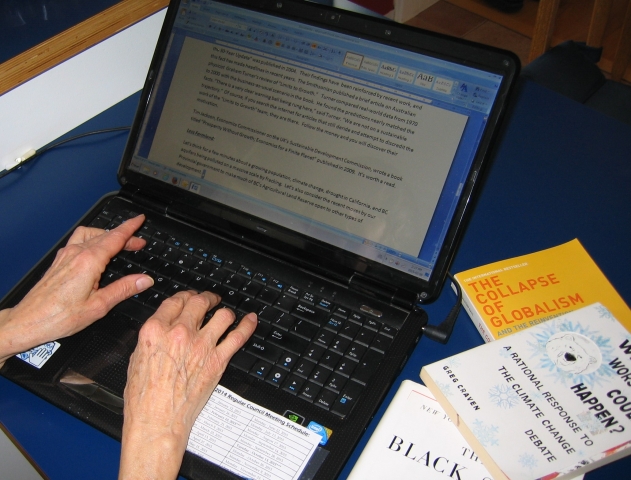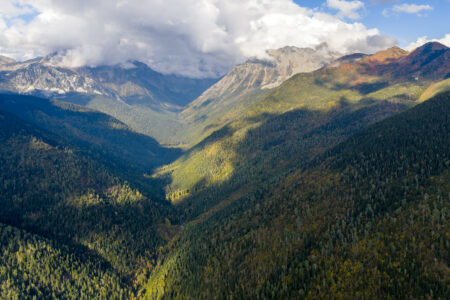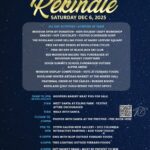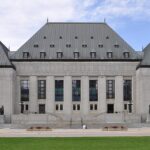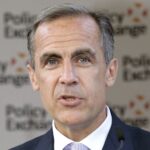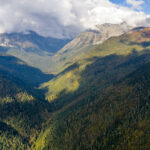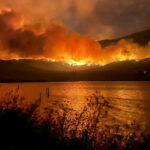Editorial Rant: Why I Refuse to Publish Arguments of Climate Change Deniers
Dear Readers:
True story: Recently, a fairly oft-published climate change denier objected to a David Suzuki column I had published. The editor of a neighbouring publication, whom I like and respect, suggested that I should publish the denier’s message as a “Letter to the Editor” in order to achieve journalistic “balance.”
But here’s the thing: I don’t agree that it’s good journalism to “balance” truth with falsehood. So I refuse to publish lies. And climate change deniers deal in lies. An example of denier falsehood was in the letter in question: it suggested that the effects of carbon dioxide in the atmosphere are “poorly understood.” That is utter balderdash; the effects of carbon dioxide in the atmosphere have been understood by scientists, in increasing depth and detail, since the 1800s.
And that’s just one thing. The money trail from big oil to denier organizations was well established before laxer regulation made it more difficult to trace, but I really doubt it has changed. I suspect that most deniers are in it for the money, though some may only be deluded by the strength of their own wishful thinking.
I believe that publishing material designed to make people doubt the truth is unethical, except possibly on April Fool’s Day. Especially when the quality and diversity of life on earth is at stake. I think it’s downright treasonous to publish stuff that creates doubt in anyone’s mind about facts on climate change that are already very well established, with the initial evidence already being played out nearly everywhere on earth.
As for the business point of view, this quote has been attributed to more than one savvy and successful business person, but here it is: “You can’t do business on a dead planet.” I might add that doing business even now is becoming more expensive because of the effects of climate change. If you don’t believe me, just ask insurance companies such as Swiss Re. A statement on the leading re-insurance group’s website says, “We identified climate change as an emerging risk some 20 years ago, and the concern has since evolved into an important component of the company’s long-term risk management strategy.”
The biosphere is all that supports life on earth and in the oceans and the air, and includes all that life, too. Climate change deniers, or skeptics, or contrarians, don’t seem to care what happens to the biosphere after they’re dead, as long as they can hang on to their wealth in the relatively few years remaining to them, but I care. I have grandchildren and great-nieces and great-nephews, and I care about the struggles they (and everyone else alive then) will have to endure after I’m dead (or maybe even before I die) when the inevitable effects of climate change really begin to bite. And — going into prophetic mode here — they will really bite. Mark my words. So far, they’ve only begun to nibble a tiny little bit in a few places, compared with what I foresee will happen later on.
Yes, I’m biased. Biased in favour of truth, and the science that discovers it for us. Biased in favour of telling us all what we need to know to make the best decisions for ourselves and our communities and the world. Biased in favour of friendship, music, fun and good times, and comfort and good food. Oh, and gardening. And learning from our mistakes, instead of just trying to cover them up or blame them on something else. And then getting back to the fun. I may have left out a few things, but that’s all true.
Signed, the Rossland Telegraph editor


